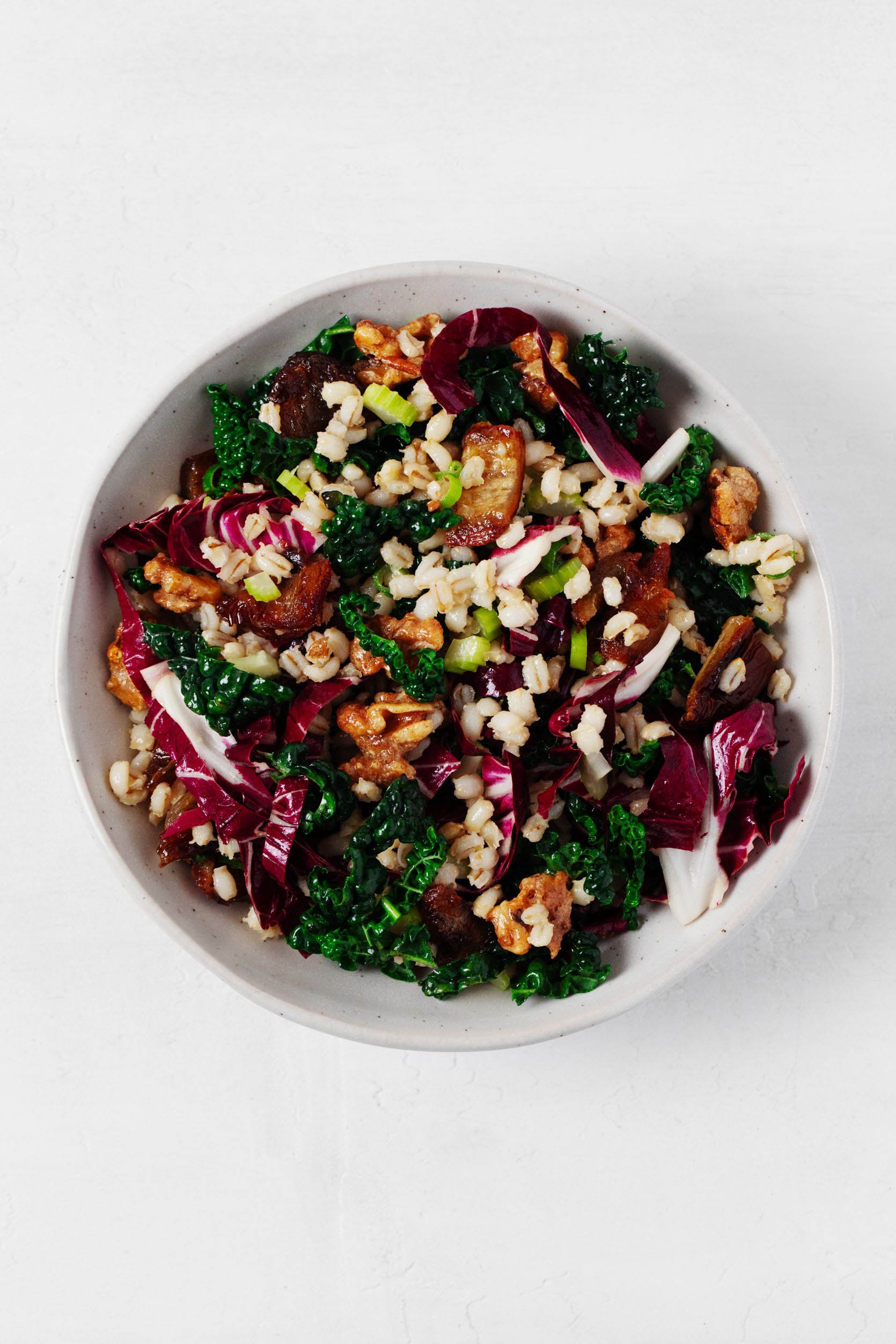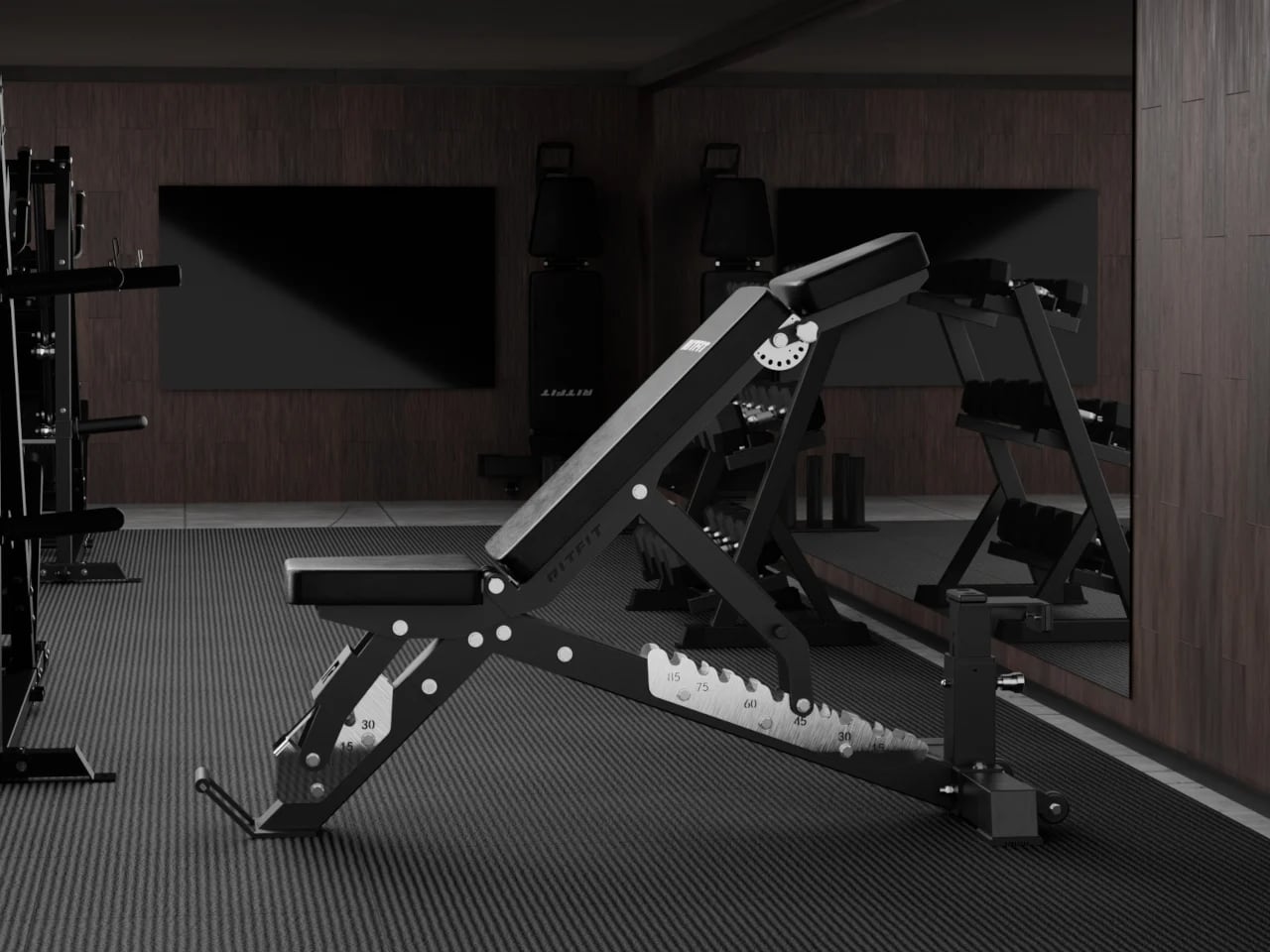Want to Keep Your Edge as You Age? Researchers Recommend This Surprising Training Method
Turns out higher reps aren't always better, especially as you age.

Aging is inevitable, but how we handle it makes all the difference. While many people turn to skincare, clean eating, and less sun exposure to slow the visible signs, time eventually leaves its mark. Still, there are steps you can take to maintain your strength and vitality. One surprising tool? Heavy lifting. While it’s often assumed you should scale back on intense workouts after 50, new research suggests that lifting heavy can actually boost your health and longevity as you age.
In a narrative review published in the Journal of Cachexia, Sarcopenia and Muscle, researchers investigated how heavy strength training—lifting at least 80 to 85% of your one-rep max—can deliver powerful, often underestimated benefits for older adults.
They found that despite three decades of research showing that heavy strength training improves one-rep max, rate of force development (RFD), and muscular power, it's still not widely recognized in the mainstream as a go-to strategy for boosting overall health.
According to the researchers, current guidelines recommend older adults lift around 60-70% of their one rep max (1RM) using 10–15 repetitions. While this can undoubtedly provide some benefits, like muscle gain and improved muscular endurance, research shows that heavier loads (80–90% of 1RM) with fewer repetitions (3–5 per set) and an emphasis on fast, explosive lifting yield far better outcomes on strength gains.
Related: Doctors Say This ‘Relatively Simple’ Diet Can Lead to Major Weight Loss in Just 3 Months
When done properly, lifting heavy weights can lead to greater strength gains, more significant neural adaptations, and even a lower risk of injury than many expect. As researchers explain, “strength training performed with loads in the heavy to very heavy domain of the spectrum may, because of the large increases in muscle strength, focus on neural adaptations”—which can translate to faster reflexes, improved balance, and greater resilience against slips and falls as you age.
This isn't the first study that has shown the benefits of strength training on older individuals as well as the general population. Prior research has proven that lifting heavy can prevent injury, help reduce symptoms of many conditions like back pain and fibromyalgia, strengthen bones in aging populations, and more.
"Strength training with heavy‐very loads should be recommended for all older adults and implemented in patient care, especially of the lower extremities, as the strength loss is more pronounced in the locomotor muscles with age," researchers said.
































/https://tf-cmsv2-smithsonianmag-media.s3.amazonaws.com/filer_public/82/94/82942bb2-58d4-487f-bcd8-2d1959082822/gettyimages-186481784_web.jpg?#)
/https://tf-cmsv2-smithsonianmag-media.s3.amazonaws.com/filer_public/4c/fe/4cfe0cff-c116-4e48-bed7-8bec4439598d/main_barry_arm_pws_may-2020_web.jpg?#)
/https://tf-cmsv2-smithsonianmag-media.s3.amazonaws.com/filer_public/8e/17/8e174f75-8c72-41b1-bf16-b7dd76557c54/smithmag-podcast-s03-ep05-bees-article.jpg?#)








































